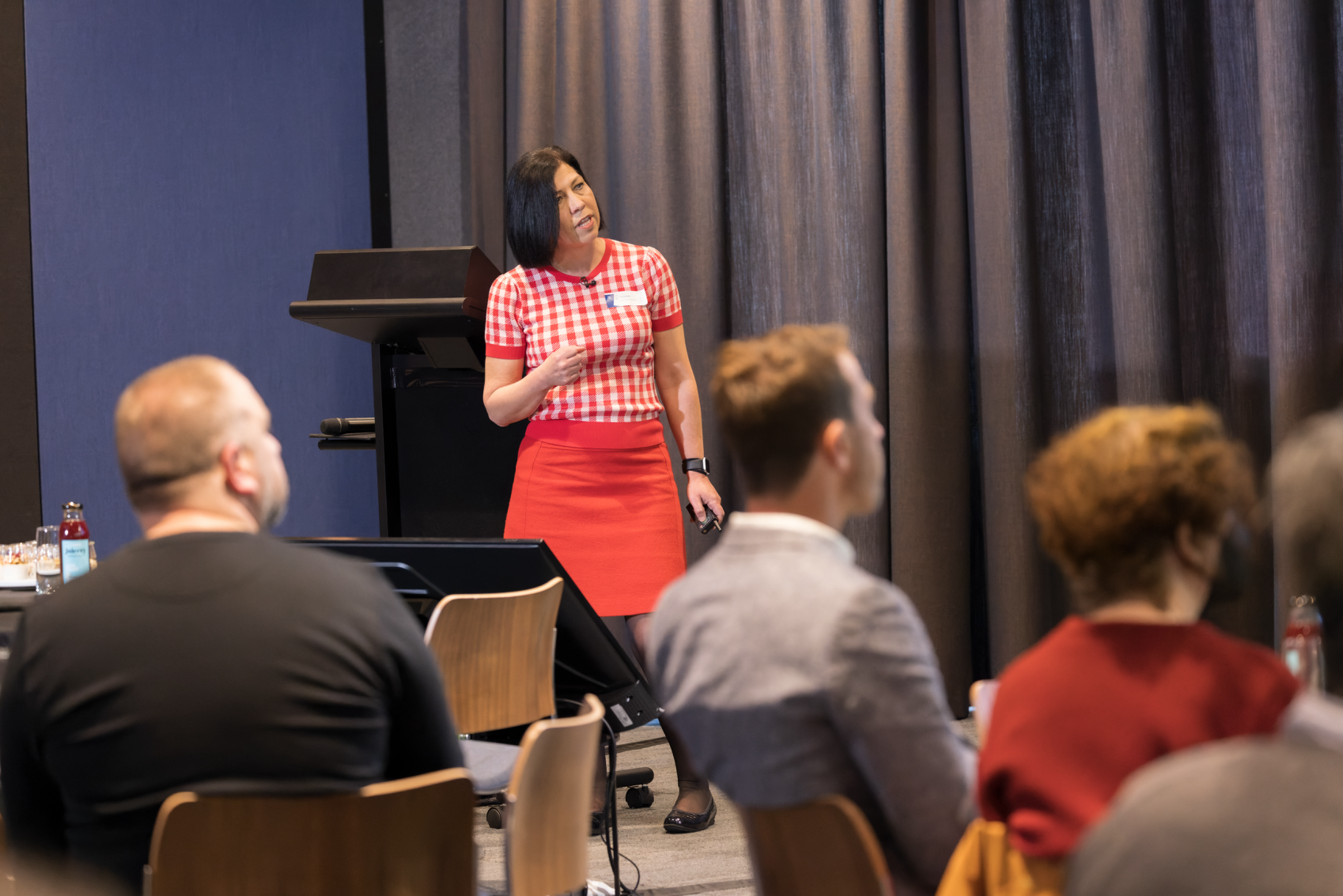Case Study
Posted on

It is estimated that more than 420,000 Australians live with dementia. In caring for those with symptoms, innovation is key to improving the quality of life for those affected.
MATCH (Music Attuned Technology – Care via eHealth) is at the forefront of this innovation, developing a groundbreaking music adaptive technology that uses AI, sensor technology and music therapy principles to manage symptoms of dementia.
With the support of an AEA Seed Grant, MATCH is transforming the way dementia care is delivered, making it more personalised, effective and accessible. This project is just one of nearly a hundred projects supported through the AEA Seed grants which are advancing research commercialisation in priority areas including medical science and enabling capabilities.
MATCH has made significant strides in the development of its core technology—a sophisticated algorithm that processes data from wearable sensors to classify symptoms of agitation and other challenging behaviours associated with dementia.
Lead Entrepreneur Professor Felicity Baker said that MATCH is committed to developing a non-pharmacological approach to support the health and wellbeing of people living with dementia through the power of music.
“The AEA Seed grant enabled us to accelerate the development of the technology so that we can create a scalable health technology solution capable of reaching millions of people living with dementia who might otherwise not have access to music therapists,” Professor Baker said.
Introducing new technologies into the aged care sector can be challenging, particularly in environments where staff are often overburdened and susceptible to burnout. However, MATCH has successfully engaged with leading aged care facilities by demonstrating the clear benefits of music-based interventions—not only for residents but also for staff, by reducing stress and preventing burnout.
This strong partnership with the aged care sector has been crucial in ensuring that MATCH's solutions are both practical and impactful. The MATCH team is eager to expand these partnerships and invites other aged care facilities to explore how this innovative technology can support their residents.
And it’s not just those working within the aged care sector that stand to benefit from the technology. MATCH is also designed to train at-home carers to use music intentionally and mindfully when caring for their loved ones living with dementia.
Newly appointed co-chair of the MATCH project’s advisory committee, Dr. Sanka Amadoru MBBS BMedSc FRACP CHIA, Consultant Geriatrician, Austin Health, said he had enjoyed getting to know the team and contributing to their work in supporting the lives of people living with dementia by integrating music therapy, wearable sensors and curated playlists.
“I believe that increasing accessibility to evidence-based non-pharmacological interventions can not only reduce the costs associated with dementia care, but can also help to improve wellbeing, family relationships, and quality of life for all those impacted,” Dr Amadoru said.
The MATCH project is more than just a technological innovation—it represents a compassionate approach to dementia care that leverages the universal power of music.
Supported by AEA and by combining advanced AI, sensor technology and personalised music therapy, MATCH is poised to revolutionise how we care for individuals with dementia, offering a scalable, non-pharmacological solution that can be implemented across aged care facilities worldwide.
AEA is a $1.6 billion Australian Government investment aimed at transforming Australia’s research translation and commercialisation landscape.
The program is funding projects that align with national priorities to help take innovative ideas through to proof-of-concept and proof-of-scale as projects progress towards commercialisation and the creation of new businesses.
Find out more about and follow the AEA LinkedIn page for updates.
